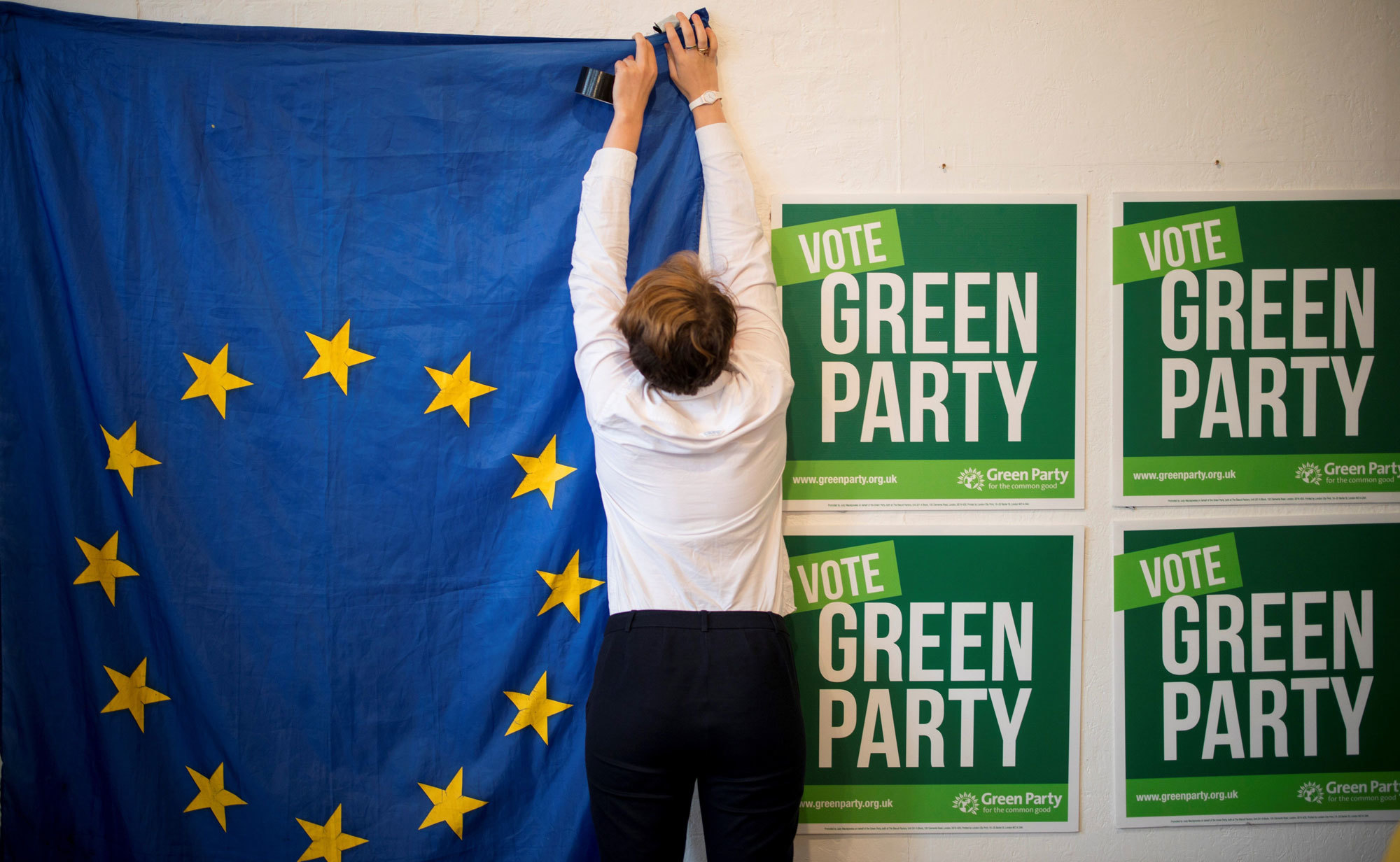Browse By Unit
Sharii Liang
Isabela Padilha
Sharii Liang
Isabela Padilha
Dependency on the Rest of the World 🌍
Europe was no longer self-sufficient. They had lost their colonies mostly after World War II. Now, the United States dominated trade. After WWII, European countries increased imports of U.S. technology and popular culture. New technologies like the phone, internet, radio, television, and computer spread ideas across the seas and connect people from across the world more than ever. While some enjoy the ever increasing globalization, others greatly criticized it. Nationalist leaders still are highly opposed to this deep interconnectedness, as they consider it a threat to nation's self-sufficiency and national identities.
The rise of transportation technology was also highly important for a more globalized world. Through the introduction of quicker and easier means of transportation, it is easier for people, ideas, and culture to flow into different countries across the world. One important industry that grew significantly through the rise in transportation is the Trading Industry.
For example, the containerization method for shipping facilitates global trade by providing a cheap and simple method of distribution of goods. 🚢
These technological advancements are still a work in progress today, and many European nations have reaped the benefits of this interconnectedness. Although they had lost their ties to some part of the world through decolonization, their economic ties still guarantees them access to a myriad of different resources.

The Opposition
One such group that greatly criticized globalization was the Green Party in Western and Central Europe. They cautioned against globalization, afraid that it’d worsen consumerism. Instead, they advocated for sustainable development. They believed that an unbridled globalization process would incentivize rapid industrialization at the cost of people's social wellbeing and the environment.
The Green parties across Europe today may have difference stances on globalization. Although some are still opposed to it, due to its detrimental effect on the globe, others believe that it could be a channel to spread ideas of sustainability and equality.

<< Hide Menu
Sharii Liang
Isabela Padilha
Sharii Liang
Isabela Padilha
Dependency on the Rest of the World 🌍
Europe was no longer self-sufficient. They had lost their colonies mostly after World War II. Now, the United States dominated trade. After WWII, European countries increased imports of U.S. technology and popular culture. New technologies like the phone, internet, radio, television, and computer spread ideas across the seas and connect people from across the world more than ever. While some enjoy the ever increasing globalization, others greatly criticized it. Nationalist leaders still are highly opposed to this deep interconnectedness, as they consider it a threat to nation's self-sufficiency and national identities.
The rise of transportation technology was also highly important for a more globalized world. Through the introduction of quicker and easier means of transportation, it is easier for people, ideas, and culture to flow into different countries across the world. One important industry that grew significantly through the rise in transportation is the Trading Industry.
For example, the containerization method for shipping facilitates global trade by providing a cheap and simple method of distribution of goods. 🚢
These technological advancements are still a work in progress today, and many European nations have reaped the benefits of this interconnectedness. Although they had lost their ties to some part of the world through decolonization, their economic ties still guarantees them access to a myriad of different resources.

The Opposition
One such group that greatly criticized globalization was the Green Party in Western and Central Europe. They cautioned against globalization, afraid that it’d worsen consumerism. Instead, they advocated for sustainable development. They believed that an unbridled globalization process would incentivize rapid industrialization at the cost of people's social wellbeing and the environment.
The Green parties across Europe today may have difference stances on globalization. Although some are still opposed to it, due to its detrimental effect on the globe, others believe that it could be a channel to spread ideas of sustainability and equality.


© 2024 Fiveable Inc. All rights reserved.